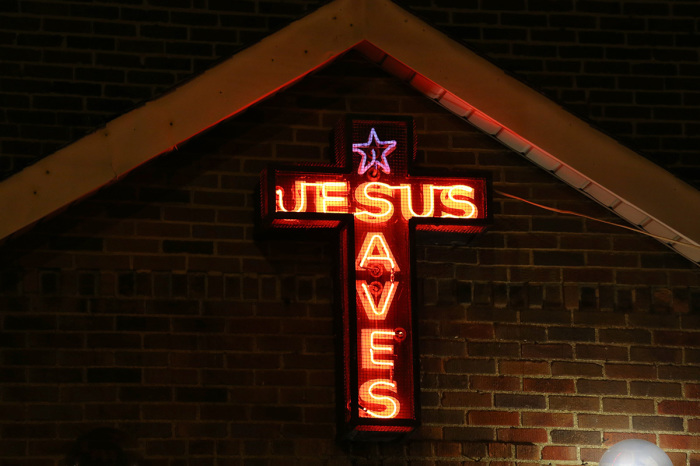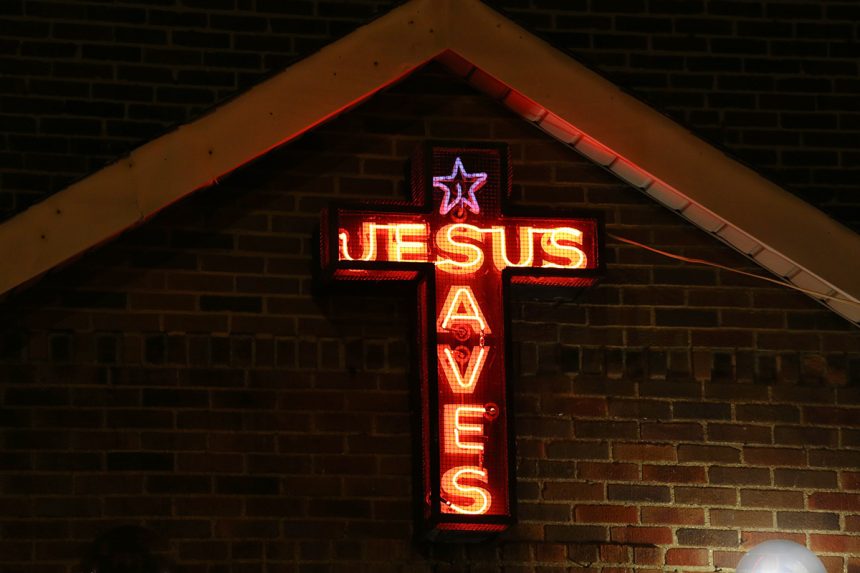
An overwhelming majority of Christians reject the basic Christian teaching of the Trinity, prompting new concerns that Americans are living without the influence of “the truths and life principles of God.”
The Cultural Research Center at Arizona Christian University released the latest installment of its American Worldview Inventory series which documents Americans’ views on the Trinity. The research is based on responses collected from 2,100 adults in January.
Overall, just 40% of respondents believe that God exists and affects people’s lives. That figure rises to 53% among self-identified Christians, 60% among theologically-identified born-again Christians, and 100% among Integrated Disciples. The latter term refers to those who have a biblical worldview. While a majority of those surveyed (59%) believe in the existence of Jesus Christ, a significantly smaller share of adults (29%) believe in the Holy Spirit.
Slightly more than 1 in 10 respondents (11%) believe in the Trinity, that the God of the Bible is “three distinct but inseparable and equal persons in one infinite Being.” The persons in the Trinity are God the Father, Jesus Christ and the Holy Spirit.
Belief in the Trinity, characterized by the Cultural Research Center as a “fundamental tenet of Christianity,” increases to 16% among self-identified Christians, 24% among theologically-identified born-again Christians and 62% among Integrated Disciples.
“These results are further evidence of the limited or lack of trust Americans have in the Bible, the limitations we place on the authority and influence of God, and our refusal to cooperate with God by living in harmony with His ways and purposes,” said CRC Director of Research George Barna in response to the survey results. “Even the statistics for the groups that are most in-tune with biblical teachings, such as belief in the nature and impact of the Trinity, are shockingly low for a nation in which most people claim to be Christian.”
Barna identified “these findings about America’s ignorance or rejection of the Trinity” as “simply another in a long list of examples of people living without the truths and life principles of God shaping their life.”
He lamented, “We know from our national worldview tracking studies that most Americans are uninformed about the many essential biblical teachings, ranging from the Ten Commandments and the Trinity, to matters related to repentance, salvation, the chief purpose of life, and divine measures of success.”
“It could be argued that the primary theologians influencing the spiritual views of America these days are figures such as Tucker Carlson, Joe Rogan, Russell Brand, Jordan Peterson, Megyn Kelly, and Bill Maher” — all influential podcasters and not religious figures.
Brand and Peterson have expressed interest in Christianity, with Brand recently getting baptized, while Carlson and Kelly are established Christians and Maher is an outspoken atheist.
“They mix practical and sometimes unbiblical theology and philosophical points of view into their commentary on life and world events,” Barna said of the podcasters. “Meanwhile, many Christian churches are focused on delivering multi-part series that are not effectively developing or bolstering an integrated, biblical worldview that congregants can rely upon to counteract popular, secular takes on reality.”
Barna suggested that no influential cultural figure or church is “devoted to obsessively building a solid theological foundation for the masses,” asking a series of rhetorical questions designed to make the point that American culture is missing the elements needed to ensure a biblically literate population: “Who is committed to ensuring that people grasp the basic theological building blocks of a biblical worldview? Where is the concern or anguish over the near universal rejection of numerous central biblical teachings?”
“Is the Church of God devoted to know Him and making Him know, or has it been seduced by the distractions and distortions of our culture?” he inquired.
Ryan Foley is a reporter for The Christian Post. He can be reached at: ryan.foley@christianpost.com









